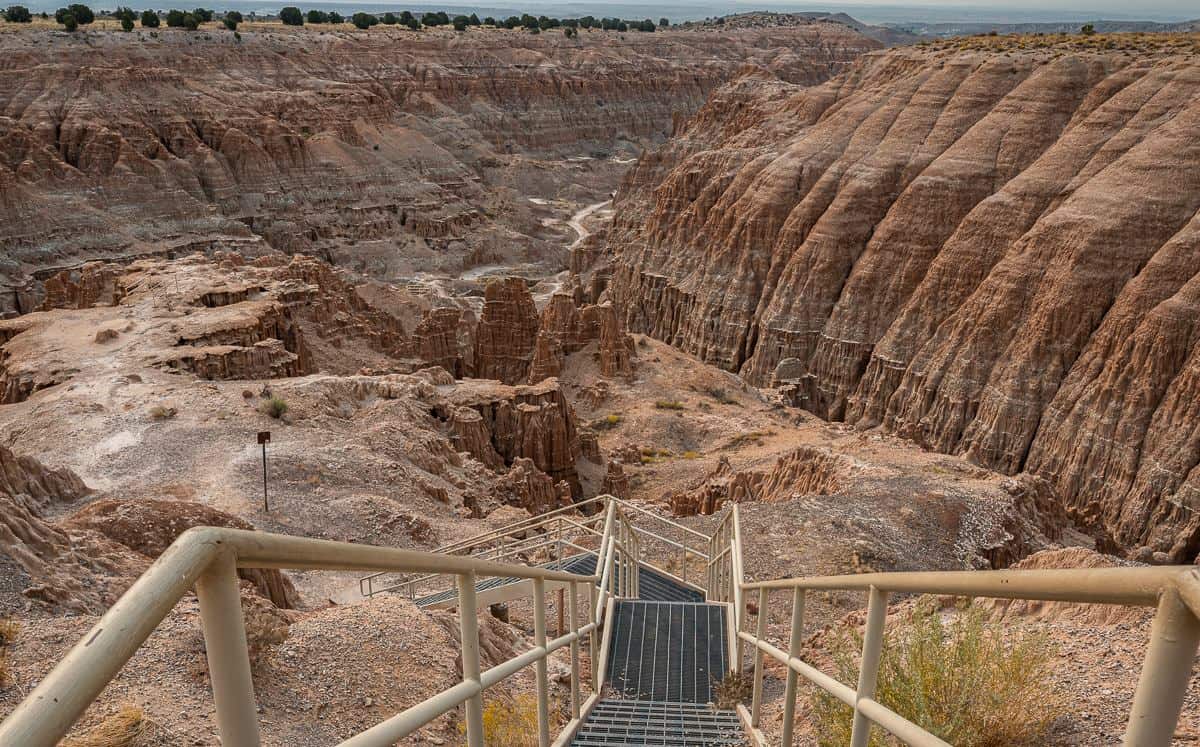At least 670 people are assumed to have died after a landslide in Papua New Guinea, according to a local United Nations official. The landslide hit a rural region of the island nation early Friday, but search-and-rescue efforts have been hampered by difficulty in reaching the disaster site and by the hazard that the shifting ground continues to pose.
This danger has prompted many survivors to abandon their homes, according to Serhan Aktoprak, the chief of mission at the International Organization for Migration’s office in Papua New Guinea, who estimated that over 250 houses were abandoned and that roughly 1,250 people were displaced.
The region, in Enga Province, is densely populated, according to local officials, and has a young population. The authorities fear that many of the fatalities will be children under 15.
The local government secured food and water for around 600 people, Mr. Aktoprak said, and a humanitarian convoy of local officials and members of the International Organization for Migration headed to the region on Sunday. An aid convoy had gotten through on Saturday afternoon to deliver tarps and water, but no food.
Conditions have made distribution difficult. As of Sunday afternoon, land was still sliding, rocks were falling and the soil was cracking from increased pressure and running groundwater. No earth-moving equipment had arrived, and people were searching for bodies using tools like spades and pitchforks, Mr. Aktoprak said.
The region has seen tribal clashes over the past few months. On Saturday morning, a quarrel flared between two clans, raising safety fears for those traveling on the only road available. Eight died in the clash and dozens of houses were burned down, Mr. Aktoprak said.
The landslide struck the village about 3 a.m. Friday, hitting homes when many residents were asleep. Some of the boulders that buried houses and cut off a major highway were larger than shipping containers.





















Discussion about this post